Keywords: Trauma
There are more than 200 results, only the first 200 are displayed here.
-

AUSTRALIA
- Justin Glyn
- 13 October 2015
9 Comments
Health care professionals at the Royal Melbourne Children's Hospital have begun to do what could not be achieved by reports from the UN Special Rapporteur on Torture and Australia's Human Rights Commission. The doctors and staff are refusing to release children they treat back to the detention which caused their problems in the first place. By this brave act has begun the slow task of pouring daylight (always the best antiseptic) into this gaping wound in Australian society.
READ MORE 
-
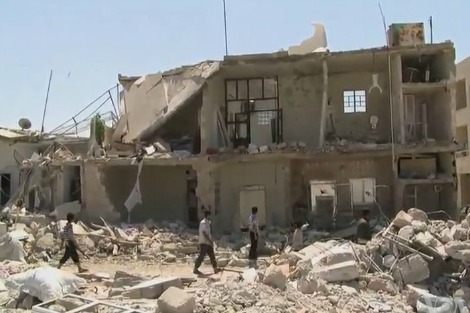
INTERNATIONAL
- Justin Glyn
- 06 October 2015
6 Comments
The Syrian government are no angels, and any more bombing raids on an already heavily bombed and traumatised population is unlikely to improve the situation for civilians. However, the American claim that the Russians have a poor record in this respect smacks of hypocrisy, given the US's admitted destruction last week of a Médecins Sans Frontières hospital in Afghanistan at the cost of 22 lives. Moscow's policy at least has the merits of legality, intelligibility and consistency.
READ MORE 
-
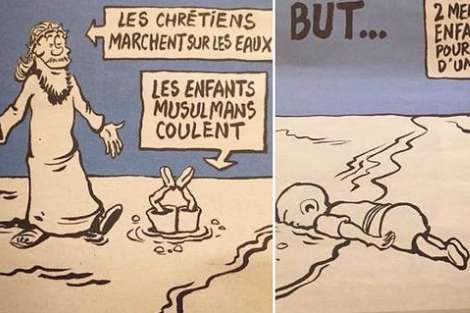
AUSTRALIA
- Fatima Measham
- 18 September 2015
5 Comments
French satirical magazine Charlie Hebdo has stirred controversy over cartoons depicting Aylan Kurdi. Superficially it appears this is about the bounds of propriety, but the hard truth is that body of a three-year old refugee cannot be a holy relic that is untouchable. What is the point of being miserable over things we cannot control?
READ MORE 
-
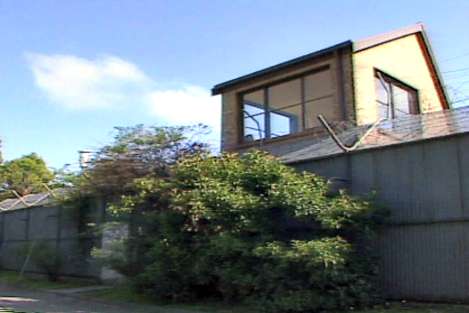
AUSTRALIA
- Madeleine Hamilton
- 07 September 2015
8 Comments
While at Melbourne's Winlaton Youth Training Centre, many became victims of sexual and physical assaults by staff and other girls. This was how the state of Victoria looked after its most vulnerable girls, who following their incarceration were simply expected to get on with their lives. Except many didn't. As the list of witnesses for the Royal Commission hearing was being finalised, I was told: 'There's going to be a lot of very angry and re-traumatised mothers and grandmothers.'
READ MORE 
-

INTERNATIONAL
- Dorothy Horsfield
- 26 August 2015
1 Comment
For almost twenty years, across the settlements and subsistence farms of Central Africa the Lord’s Resistance Army (LRA) has preyed upon civilian populations with exceptional cruelty, emerging from the bush in small units to commit unspeakable atrocities. These days there is a common assumption that the LRA has been decimated and scattered and that its leader Joseph Kony is in hiding and probably ineffectual. But visiting activist Sister Angelique Namaika insists this optimistic assessment is misguided.
READ MORE 
-
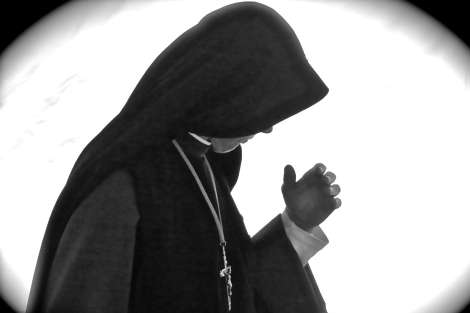
RELIGION
- Philomena van Rijswijk
- 12 August 2015
12 Comments
Our family life was fraught with conflict, centred on our parents' inability to cope with my father's serious mental illness. During the early years of her childhood, my sister was made my mother's intimate confidante. This was a time of anguish for Mum, about both her marriage and a series of tragic miscarriages. My sister left home when she was 14, and entered the juniorate on the way to becoming a nun.
READ MORE 
-
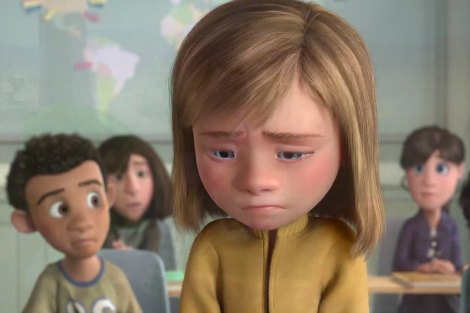
ARTS AND CULTURE
- Tim Kroenert
- 25 June 2015
Pete Docter was inspired to tell this story after observing changes in his preteen daughter's personality. His research included consultation with psychologists specialising in emotion, including University of California professor Dacher Keltner, whose insights included the role of sadness in strengthening relationships. The story is an exploration on the effects on children of loss and change, and the role of pain.
READ MORE 
-
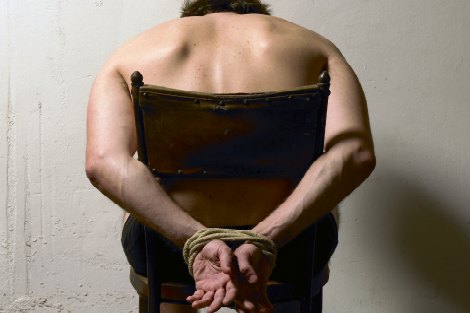
INTERNATIONAL
International law regards torture as a matter of ius cogens, something which can never be justified. If one were serious about finding out about genuine refugee claims, enquiring about any torture at the hands of the people an asylum seeker is fleeing would surely be near the top of the list of cogent questions. But Australia has ceased to ask asylum seekers about any history of torture.
READ MORE 